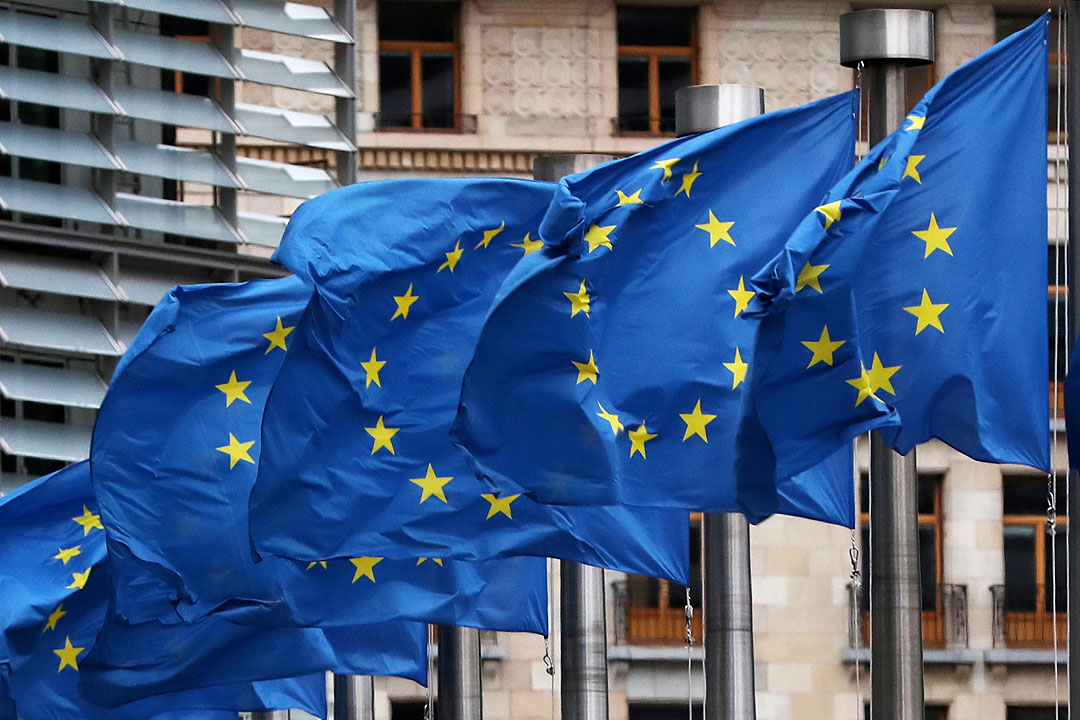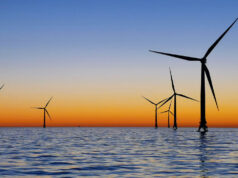
THE Department of Trade and Industry (DTI) said that it is optimistic about the free trade agreement (FTA) talks with the European Union (EU) wrapping up ahead of the 2027 target.
“The Philippines aims to finalize these trade talks by 2027 … But I could be more optimistic, given that the negotiations between the Philippines and the European Free Trade Association (EFTA) took only a year to complete. So we have a model to follow,” Trade Secretary Alfredo E. Pascual said at the European-Philippine Business Dialogue on Monday.
EFTA is a bloc of the non-EU European economies Switzerland, Norway, Iceland, and Liechtenstein.
“We hope to be able to align the FTA with our goals of achieving upper middle-income status and moving beyond the EU Generalized Scheme of Preference (GSP) framework. We hope to be able to graduate into the FTA,” Mr. Pascual added.
He cited positive indications from preliminary talks, signaling a high level of understanding between the two sides.
“But it is still hard to speculate because this could still run faster or slower. It is a matter of understanding each other’s interests,” he said.
“I think what could take time would be the discussions on peripheral issues, as this will not only include tariffs; this will also include other requirements that are not trade-related,” he added.
Aside from increasing bilateral trade, Mr. Pascual said that the DTI would consider the FTA talks successful if the Philippines retains its privileges under the GSP Plus scheme, and if it sees an increase in investment.
“In addition to preserving the preferences for the important exports of the Philippines, one important motivation to really push for the FTA is to attract more European investment,” he added.
In terms of priority areas for investment, Mr. Pascual listed electric vehicles, renewable energy, sustainable development, digital trade, and food processing and biotechnology. The DTI is also hoping to strike a deal allowing for more talent mobility.
At the event, the European Chamber of Commerce of the Philippines (ECCP) turned over to the government its 2024 advocacy papers, highlighting at least 14 ECCP advocacy priorities which the chamber hopes will enhance economic outcomes.
“Building upon the successes of previous advocacy initiatives, we remain steadfast in pushing for policies that promote sustainable development and level the playing field for European and Filipino companies alike,” ECCP Executive Director Florian Gottein said.
The 316-page document also includes the chamber’s assessment of the government’s response to its recommendations last year. In particular, it acknowledged the signing of the Ease of Paying Taxes Act, the Internet Transactions Act, and the Public-Private Partnership Code of the Philippines.
“The economic reforms we have discussed are yielding tangible results. There is heightened interest from European investors in areas such as green energy and digital transformation, among others,” ECCP President Paulo Duarte said.
“While there are uncertainties and challenges ahead, we remain optimistic that maintaining open and regular dialogues will be mutually beneficial as we jointly navigate our path towards greater success,” he added. — Justine Irish D. Tabile



